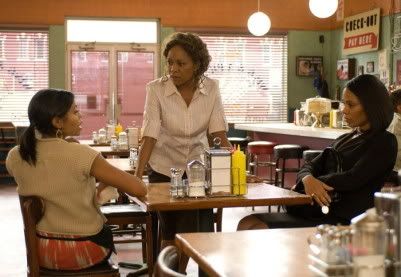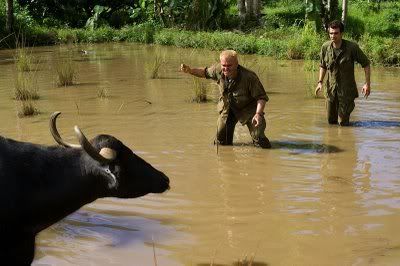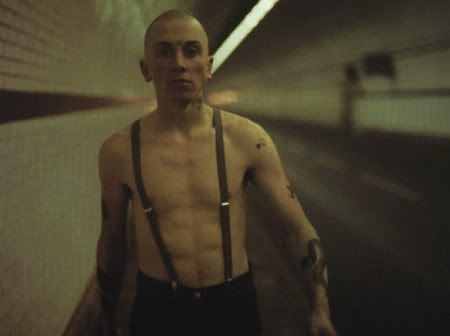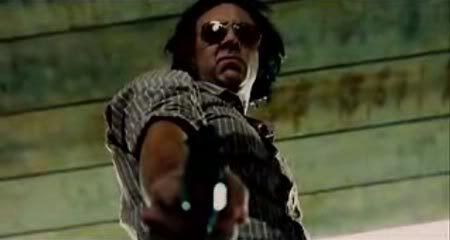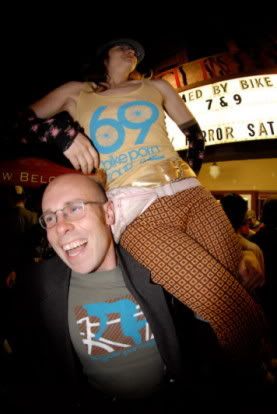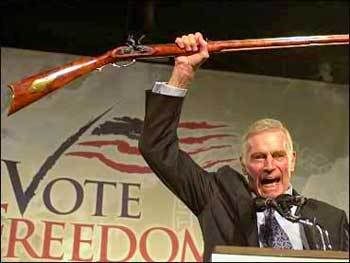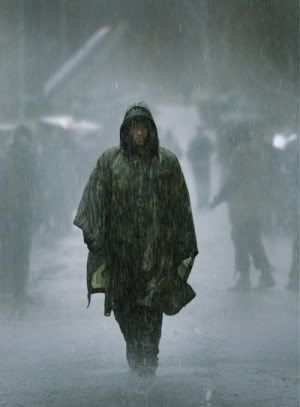directed by Fed Wolf
written by Karen McCullah Lutz and Kirsten Smith
starring Anna Feris, Colin Hanks, Emma Stone, Kat Dennings, Katharine McPhee, Rumer Willis, Kiely Williams, Dana Goodman
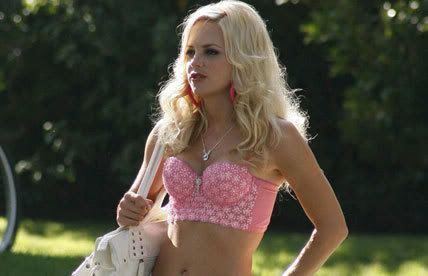
I can’t figure out the message of this film. Is it a story about what’s inside or what’s outside? The basic premise is quite simple. A poor little Playboy bunny named Shelley gets kicked out of the Playboy mansion and is forced to fend for herself. She inadvertently stumbles into a sorority house and is laughed out by the lead House mother, a snooty bitch with stretched out skin and an obvious addiction to botox (I assume it was makeup so I’m not actually bashing the wonderful actress who plays her). A sympathetic house mother catches her on her way out and mentions that there is another sorority house whose last house mother left due to a bout of schizophrenia. At first the girls of the house are skeptical because basically Shelley looks like a whore and acts like a nitwit. See, these girls are not all dolled up and can’t figure out why boys don’t like them. This film really does a fine job of uglifying them and making them all sad and dejected because they don’t consider themselves to be pretty. Well, naturally Shelley has her ways and manages to pimp these girls so they all look like Britney Spears and Paris Hilton clones and suddenly they feel sexy and hilarity ensues.
Actually, this film’s humor is mostly left up to scenes where Shelley embarrasses herself by acting incredibly stupid. This is difficult for one of the girls named Natalie (Stone) to take because she herself is rather intelligent and sensitive and basically hates the kind of girls she later becomes. Suddenly the girls are hot and popular and all the boys want to get into their pants. As it turns out their ramshackle house is falling apart and the board of sororities has a plan to revoke their charter unless they can sign up thirty pledges. So, this becomes the goal and there are hijinks and tomfoolery as the they attempt to convince thirty girls that they are cool and there will be booze and hot boyz every night running around naked and making animal noises until the sun comes up.
The film hinges on the performance of Anna Feris and she does a fantastic job playing the air brained twit who has lived exclusively off of the fact that Hugh Heffner thinks she’s worth bringing into his bed. Hef plays himself and basically looks and acts like one would expect him to act. Shelley has been kicked out of the mansion because she is too old (she’s 27 which is 58 in bunny years) and lives with this horror in the back of her mind.
So, the transformations. Perfectly attractive and interesting girls are transformed into horrible shadows of themselves. Certainly they look dope and even manage despite their pariah status to comingle effectively with the other cool kids on the block. There is only one thing that stands in their way and that comes in the form of a mean little minx named Ashley (Sarah Wright). This girl is nothing but trouble and she is in cahoots with the aforementioned stretchy botox woman who might be her mother. Both of them are avid about purchasing the girl’s run down house so they can expand their sorority because they are just too popular to survive with one measly house. Ashley pulls off a number of cruel stunts and it’s delicious to watch Sarah Wright project such a hideous persona for the duration of the film.
Basically, the film has pacing problems and isn’t particularly funny. It’s troubling to see Mona, for example, be altered from a wisecracking angry little pickaxe into a glamour doll. She retains some of her indy/goth aesthetics and actually retains her street cred so it isn’t all bad. Still, she acts utterly superficially and her bitterness completely evaporates only because she puts on hair extensions and a dress. Nevertheless, her exuberance comes out and she appears to be enjoying herself perhaps more than she ever has in her life. By not buying into the beauty myth she was rather cutting and meanspirited. Perhaps she was merely observant and her sarcasm was a way of avoiding her lack of connection with the world outside of herself. She does manage to retain some of her charm by drilling boys about their reaction to her. She’s sharp and funny and it’s a thrill to watch her use her sharp wit to lacerate the unwitting boys who approach her. It’s another example of her fear of boys and no makeup and pumps are going to change this simple fact. Indeed, all of the girls have troubles with boys and a big deal is made that Natalie is a virgin. They throw a massive Aztec party and “sacrifice her” for the amusement of a great number of onlookers.
So, what is pretty? Is Shelley pretty because she has self confidence and she dresses like a slut? Are the girls not pretty because they aren’t dolling themselves up and putting on a face that they imagine other people want to see? The film makes a point of saying that real beauty cannot be fully articulated by makeup and hair extensions. However, it also says that a little glam doesn’t hurt, either. It also says that sexy means an openness to new experiences and an overarching desire to participate. The girls were trapped in a nightmare of their own devising. They had settled for a lifestyle of limited returns because they rejected the lifestyles of the other more superficial kids whose primary focus was on getting laid and drinking as much beer as possible. Natalie particularly sees past this illusion but her skepticism has left her unable to fully engage with her sexuality. It takes a ditzy blonde bunny to bring her out of her shell and into herself.
Yes, this film exudes a familiar eroticism that has been played out in countless films. It sells the idea that youth means excess and that groupthink is a strong deterrent for certain types who would rather cultivate their own point of view. In many ways this film is a satire of those makeover shows where frumpy girls morph into hotties who react with shock and amazement when the see their new selves for the first time. What is not revealed by these shows is how difficult it is to maintain the new lifestyle once the shine has worn off.
Anna Feris is as mentioned pulls off her role as a girl with tremendous dreams who only wants to be Miss November in Hef’s playboy magazine. Feris brings a thrilling capacity to her role and it’s impossible to take one’s eyes off of her when she’s on screen. Of course this might have to do with the skimpy outfits and her extraordinary features but really it has mostly to do with her ability to convincingly play a woman who is so brazenly clueless. Emma Stone does a terrific job playing both the dismal, unhappy version of herself and the free-flowing good time gal that she becomes. Stone is deft at reacting to other actors in a way that is natural. Kat Dennings is quite good as Mona, the girl I had the most hope for at the start. She gives us a character who retains the most of her original personality and is delightful in every scene.
Overall, this film captures a certain essence of glamor and the role it plays in the lives of females as they attempt to make their way in the world. There is really no empowerment here and nothing that feminists would particularly care for unless they are Camille Paglia and in that case they might go on for hours picking this film apart in terms of the ways it sells concepts of beauty. It’s a film that celebrates glamor and projects an idea that it can be implemented to enhance a girl or woman who is convinced that prettiness is a virtue that they want to exhibit. It believes in the idea that sex appeal is the result of actual activity designed specifically to bring it about. Originally the girls had no sex appeal. They displayed nothing that for better or worse is considered attractive by a great majority of able bodied youth throughout the world. They were forced into recognizing sex as a natural reality that people actually enjoy engaging in.
